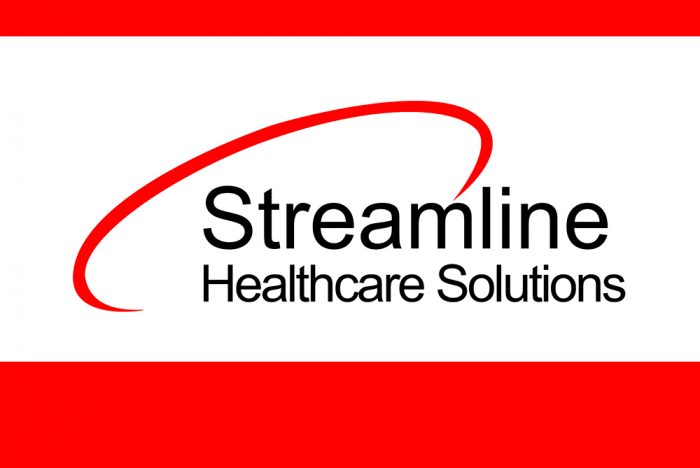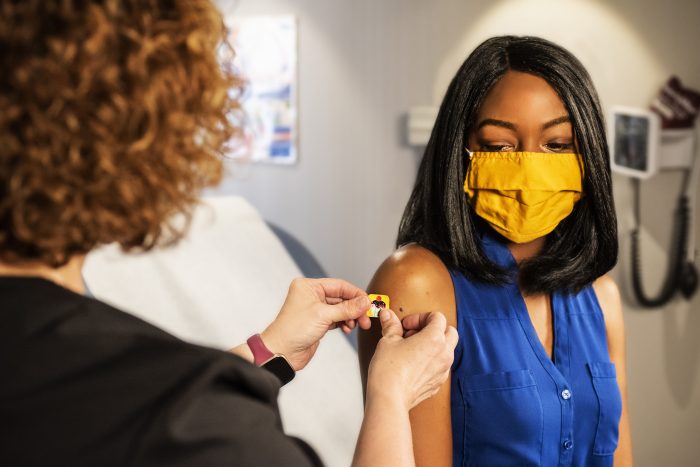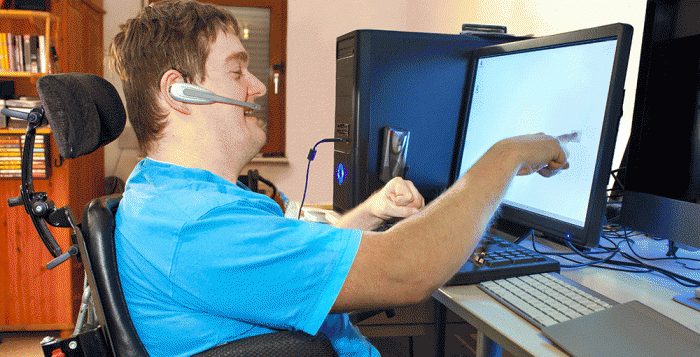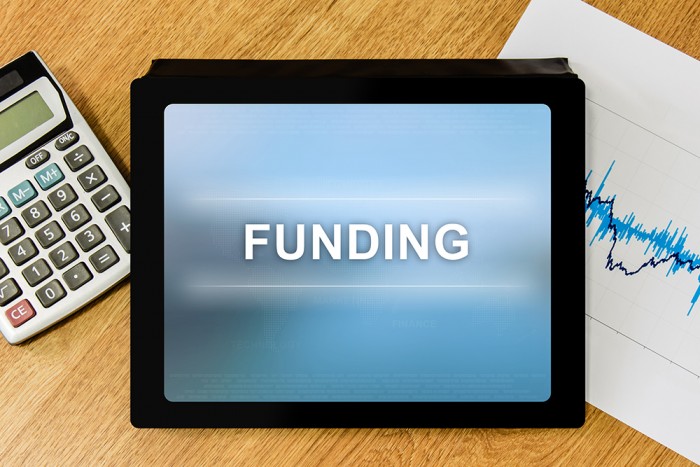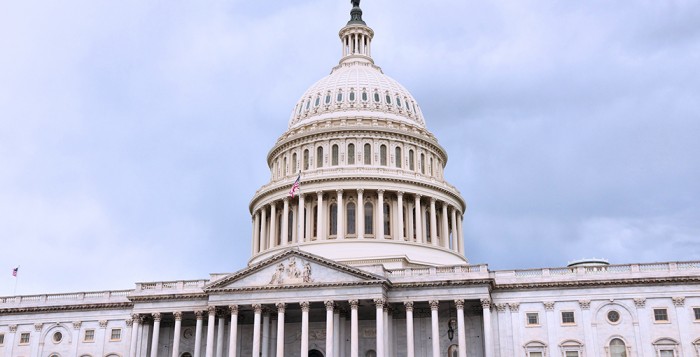Message from Pennsylvania Assistive Technology Foundation (PATF):
As we celebrate Assistive Technology (AT) Awareness Month, Pennsylvania Assistive Technology Foundation would like to take this opportunity to amplify the message that AT can help people with disabilities live with more independence, safety, productivity, and with an improved quality of life.
We are committed to helping people with disabilities and older Pennsylvanians with information and assistance, financial education, and financing opportunities so they can acquire the AT devices and resources they need.
We are proud and grateful to receive Governor Tom Wolf’s proclamation declaring November Assistive Technology Awareness Month in Pennsylvania. The Governor’s proclamation states:
“Whereas, Pennsylvanians with disabilities of all ages may need assistive technology devices and services to live independently and productively, as well as to participate fully in affairs of their communities…and assistive technology devices and services allow people to work, attend school, play, and live in the community of their choice…”
“Whereas, Pennsylvania is a leader in the development and implementation of assistive technology programs for its citizens with disabilities and older residents, through assistance from organizations such as the Pennsylvania Assistive Technology Foundation, providing valuable information and assistance, financial education, and the financing for the purchase of assistive technology and services.”
“Therefore, I, Tom Wolf, Governor of the Commonwealth of Pennsylvania, do hereby proclaim November 2022, as Assistive Technology Awareness Month. I encourage all Pennsylvanians to become aware of the many ways in which assistive technologies contribute to the health, happiness, and independence of our family, friends, and neighbors.”
Our CEO Ben Laudermilch shares the proclamation was created thanks to steadfast advocacy: “For decades, PATF has pushed for bipartisan support at the state level for funding to help people with disabilities and older adults live independent lives. The Governor’s proclamation recognizes the efforts of disability advocates and raises awareness about life-changing assistive technologies and services,” says Ben.
Funding Resources for AT
Last year, we celebrated the proclamation by hosting an AT Photo Contest: Show Us Your Tech. This year, we’ve published our new, third edition of Funding Your Assistive Technology.
Assistive technology empowers people with disabilities to do the things they want to do. However, one of the leading obstacles for obtaining AT is finding the money to pay for it.
We have compiled a collection of 70 funding options for assistive technology devices and services called Funding Your Assistive Technology.
DOWNLOAD THE GUIDE
Top 5 Funding Resources for AT for Kids With Disabilities
When someone contacts us for help funding their assistive technology (AT), one of the first things we ask is whether or not they are enrolled in a Home and Community-Based (HCBS) waiver.
For many people with disabilities, waivers are a major source of funding for AT.
Read the full blog.
How to Access Funding for Sports Equipment
All people, including people with disabilities, should have the opportunity, if they choose, to play sports.
We describe assistive technology (AT) as any device that helps a person with a disability do the things they want to do. This includes adaptive sports equipment that helps you play sports safely with more freedom.
But how do you access adaptive sports equipment to play sports when you have a disability?
We recently talked to Keith Newerla, a wheelchair user who runs the adaptive sports program at Magee Rehabilitation Hospital in Philadelphia.
Click the link to read the full blog.
PATF can help you get the adaptive sports equipment you want by extending a no-interest loan through our Mini-Loan program.
We also offer low-interest loans that can cover the cost of assistive technology for things like home modifications, adapted vehicles, eye-gaze systems, and more!
APPLY FOR A LOAN









